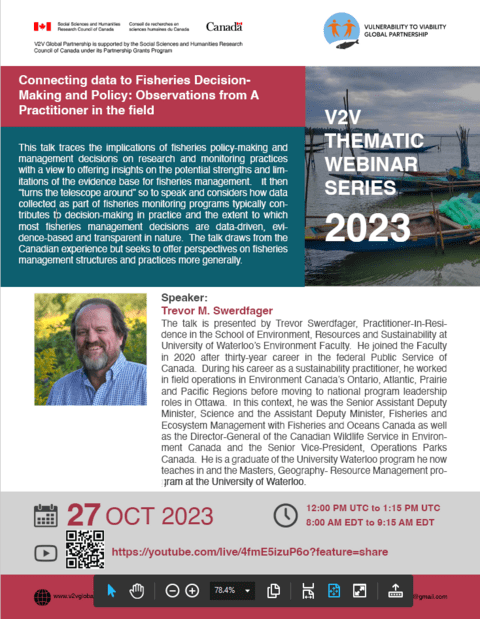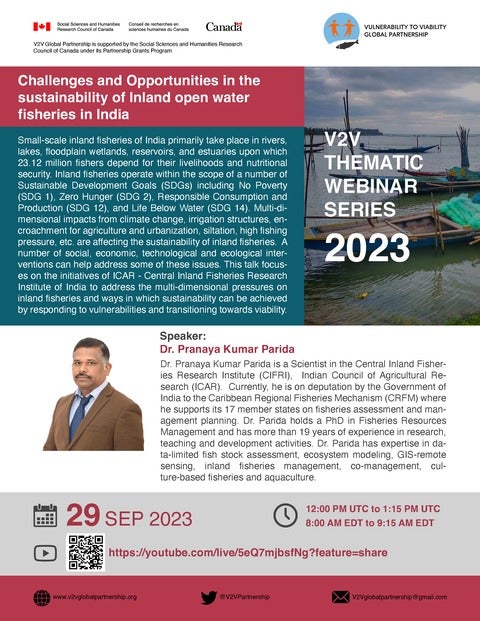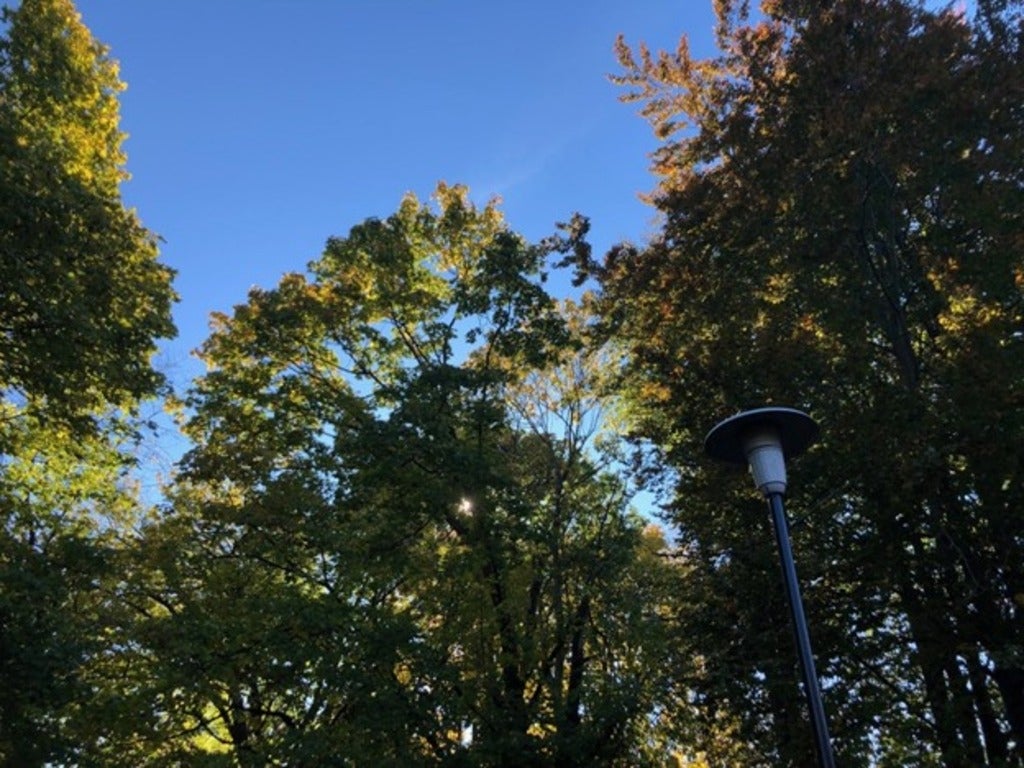New research shows that U.S. public pension funds would be $21 billion richer had they divested from fossil fuels a decade ago.
The study, out of the University of Waterloo in partnership with Stand.earth, analyzed the public equity portfolios of six major U.S. public pension funds, which collectively represent approximately 3.4 million people, to determine the effect divesting from their energy holdings would have had. In total, researchers estimate that the pension funds would have seen a return on their investments that was 13 per cent higher on average.
Another analysis of the same eight U.S. public pension funds included in the report found that the carbon footprint that would have been reduced had they divested 10 years ago is equivalent to the emissions for powering 35 million homes per year.
Researchers say the report proves that divesting creates additional financial value, lowers exposure to climate risks, and reduced the carbon footprint of portfolios.
“Influential investors, like these large public pension funds, can bring about positive change on a few fronts,” said Dr. Olaf Weber, professor in the School of Environment, Enterprise and Development at Waterloo. “Energy divestments can create higher returns for the funds, which leads to higher returns for the beneficiaries and reduced exposure to climate risks. Consequently, it leads to safer pensions.”
The report also explored ways that recent changes in the performance of the energy sector due to major global events—such as COVID-19 and the war in Ukraine—would have influenced the funds. During the last three years, the value of the fossil fuel sector went up because of the reduced oil supply from Russia. Hence, divestment has not been that attractive from a financial point of view. However, the report found that even in times of high performance in the fossil fuel sector, divestment does not reduce financial returns in any significant way.
“If climate chaos like fires and floods weren’t enough, this latest report strengthens the case even further that public pension funds must divest from fossil fuels as part of meeting their fiduciary duties,” said Amy Gray, senior climate finance strategist at Stand.earth. “As the longest-term investors for workers, the last thing pension funds should be doing is gambling with retirement and deferred wages of their members.”
Future work will include going into more detail regarding the emissions of particular portfolio holdings on a per-holdings basis or analyzing the emissions of specific companies and then excluding those with the highest emissions.
"This new Waterloo data hits home for me. My mom is a beneficiary of a public pension, and my family is depending on that retirement income for security," said Miguel Alatorre Jr., Fossil Free California. "It's unconscionable to me that these funds are investing in fossil fuel companies driving climate change, heat waves, wildfires and flooding, all while losing income for workers.”
The report, The Impact of Energy Investments on the Financial Value and the Emissions of Pension Funds, was presented at the IEEFA Energy Finance Conference on June 22.
This article originally appears on Waterloo News







